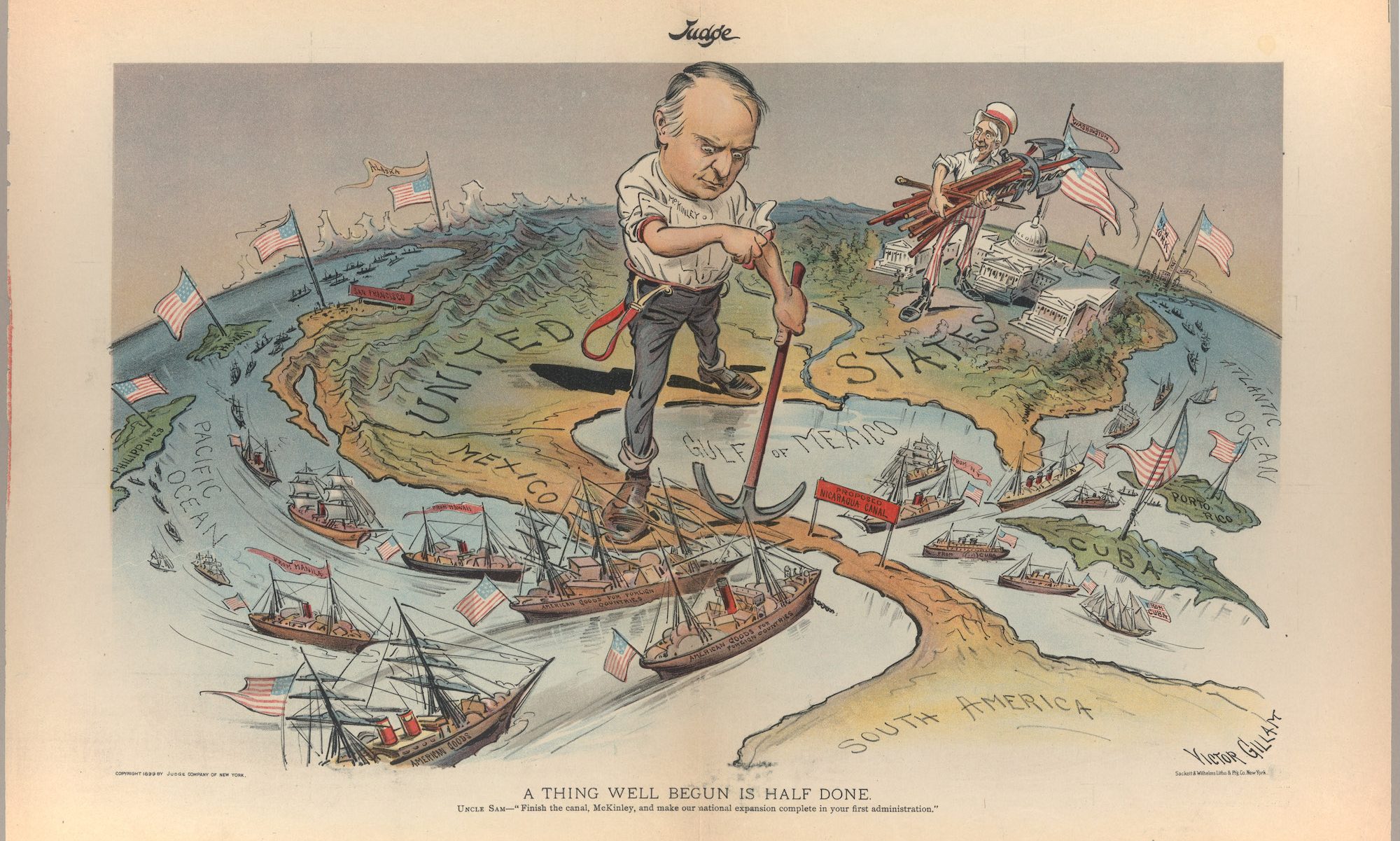This past semester, I worked with 23 Honors students at UMASS Amherst on a course modestly entitled “The Politics of the End of the World.” In that course, students explored different ways in which the physical sciences, the social sciences, and the humanities had approached ends of the world caused or threatened by disease, nuclear warfare, environmental change, and cultural processes. The students concluded the term by working in groups to prepare podcasts on how various societies in Massachusetts had approached the same ends.
This class was an evolution of an earlier version of the course, which was a one-credit-hour special topics class offered two years ago. Reworking that readings and seminar course into the new, four-credit-hour version formed my project during a year as a Lilly teaching fellow. That UMASS program gave me a year’s worth of seminars, and a course buyout, during which I could refine my understanding of the end of the world and of how to teach at a college level. I want to reflect on why I structured the course as I did and how I would reform that structure in the future.
My vision for the course was a simple one: having students learn by creating. Given that the study of the end of the world as a theoretical concept remains in its infancy, I could not teach the students by having them become acolytes to some dead scribbler or even by introducing them to the work of a community of scholars. Rather, I knew that we would have to knit together disparate communities whose work touched on a common theme, but who did not yet know themselves to be participating in a common endeavor. Moreover, even had such a project existed, I would have still wanted to have the students engage with the subject by creating their own knowledge, rather than copying and repeating someone else’s theories or descriptions.
The choice of a podcast as a final project followed naturally from that vision. Requiring students to create a podcast combined all the advantages of an open canvas with the additional benefit that numerous examples exist showing how to structure such a work. Like a traditional research paper, it would allow students to pose and explore a new argument; unlike those dreary assignments, a podcast—simply by being novel—would spur students to work with more creative (but no less rigorous ways) of performing analyses.
The technical challenge of producing podcasts rather than entering text into a word processor also put the project in a sweet spot. Because podcasts can incorporate interviews, sound effects, music, and other editing, they reflect the mediated information environment in which people, including students, actually exist better than do purely textual assignments. Furthermore, the very complexity of creating such a document provided a structure that would encourage (and all but require) students to master project planning, a division of labor, and creative ways to deliver their message. Yet podcasts remain far less complex than visual media, like an online video or a television program. Every technical challenge inherent in a podcast remains in a visual project but compounded by more complex challenges of shot framing, lighting, and acting. Such challenges can overshadow the goal of creating an argument, rather than a spectacle. A podcast, then, would produce the right mix of complication and simplicity that would help students break out of the 8.5” x 11” box within which so much undergraduate education is crafted to fit.
Continue reading “Thoughts on Teaching at the End of the World”


 We shouldn’t become so inured to the routines of great-power press conferences that we dismiss what seem like trivial or pointless throwaways. For instance, during a
We shouldn’t become so inured to the routines of great-power press conferences that we dismiss what seem like trivial or pointless throwaways. For instance, during a  Recently, we activated an Amazon Echo. My attitude toward smart speakers can be divided into two eras:
Recently, we activated an Amazon Echo. My attitude toward smart speakers can be divided into two eras:




 For reasons involving real research, I need to see whether and how much the Iraq war affected the Bush administration’s electoral record. I’m reviewing some of the literature here, partly as a public accountability mechanism, partly as a personal note, and partly to see if anyone else has anything to add.
For reasons involving real research, I need to see whether and how much the Iraq war affected the Bush administration’s electoral record. I’m reviewing some of the literature here, partly as a public accountability mechanism, partly as a personal note, and partly to see if anyone else has anything to add.